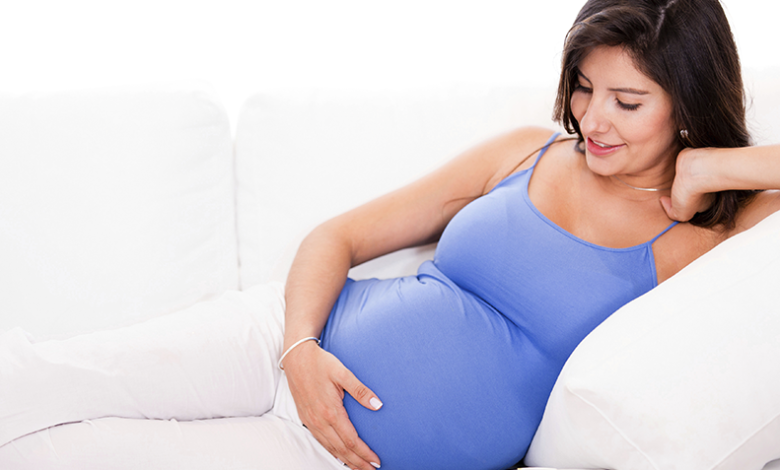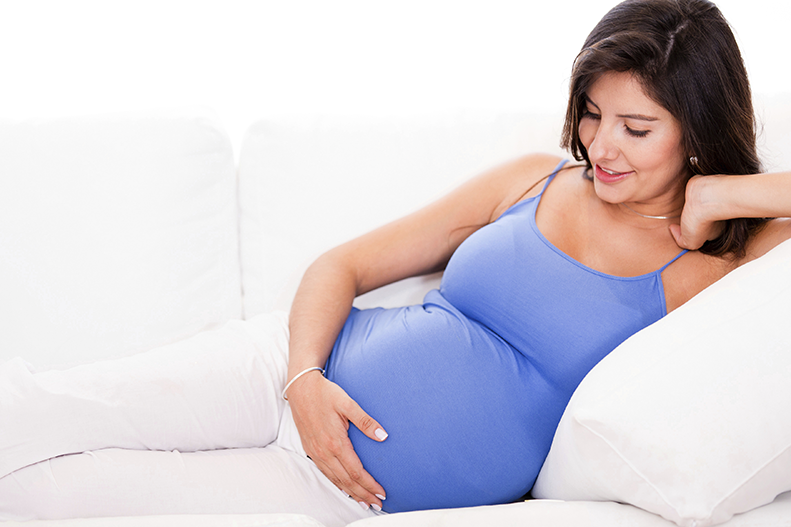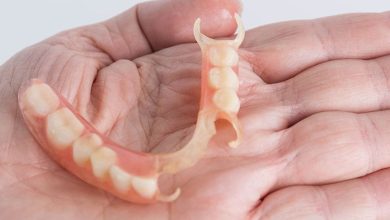FOODS YOU SHOULD AVOID DURING PREGNANCY
What You Eat And Drink During Pregnancy Influences Your Child’s Health, Possibly Forever.


In the cultures of today, having a child is considered as a necessity and people will go to any length to achieve this. This article focuses on what should happen when pregnancy is achieved.
When you’re expecting, what you eat and drink influences your child’s health, possibly forever. Everyday foods and beverages take on new meaning, as some may present a danger to your developing baby.
Whole and lightly processed foods, such as whole grains, lean meats, fruits and vegetables, legumes, and low-fat dairy should form the basis of your pregnancy diet.
Here are items that you may want to avoid while you’re pregnant.
Table of Contents
Foods To Avoid During Pregnancy
Unwashed fruits and vegetables
To eliminate any harmful bacteria, thoroughly wash all raw fruits and vegetables. Avoid raw sprouts of any kind, including alfalfa, clover, radish and mung bean which also might contain disease-causing bacteria.
Be sure to cook sprouts thoroughly. Under no circumstance should anybody even eat fruits and vegetables unwashed.
Excess caffeine
Caffeine can cross the placenta and affect your baby’s heart rate. While further research is needed, some studies suggest that drinking too much caffeine during pregnancy might be associated with an increased risk of miscarriage.
Because of the potential effects on your developing baby, your health care provider might recommend limiting the amount of caffeine in your diet to less than 200 milligrams a day during pregnancy.
For perspective, an 8-ounce (237-milliliter) cup of brewed coffee contains about 95 milligrams of caffeine, an 8-ounce (237-milliliter) cup of brewed tea contains about 47 milligrams and a 12-ounce (355-milliliter) caffeinated cola soft drink contains about 33 milligrams.
Alcohol
One drink isn’t likely to hurt your baby, but no specific level of alcohol has been proved safe during pregnancy. The safest bet is to avoid alcohol.
Consider the risks. Mothers who drink alcohol have a higher risk of miscarriage and stillbirth.
Too much alcohol during pregnancy can result in fetal alcohol syndrome, which can cause facial deformities, heart defects and mental retardation. Even moderate drinking can impact your baby’s brain development.
If you’re concerned about alcohol you drank before you knew you were pregnant or you think you need help to stop drinking, consult your health care provider.
Seafood high in mercury
Seafood can be a great source of protein, and the omega-3 fatty acids in many fish can promote your baby’s brain and eye development.
However, some fish and shellfish contain potentially dangerous levels of mercury. Too much mercury could harm your baby’s developing nervous system.
The bigger and older the fish, the more mercury it’s likely to contain. Avoid these;
King mackerel
Tilefish
So what’s safe? Some types of seafood contain little mercury. Consider:
Shrimp
Salmon
Catfish
Also, be aware that while canned light tuna on average appears safe, some testing has shown that mercury levels can vary from can to can.
In addition, keep in mind that not all researchers agree with these limits, citing a study that noted no negative effects for women who ate more seafood than the FDA-approved guidelines.
Raw, under-cooked or contaminated seafood
To avoid harmful bacteria or viruses in seafood:
Avoid raw fish and shellfish. Examples include sushi, sashimi, and raw oysters, scallops or clams.
Avoid refrigerated, uncooked seafood. Examples include seafood labeled nova style, lox, kippered, smoked or jerky.
It’s OK to eat smoked seafood if it’s an ingredient in a casserole or other cooked dish. Canned and shelf-stable versions also are safe.
Understand local fish advisories. If you eat fish from local waters, pay attention to local fish advisories — especially if water pollution is a concern.
If advice isn’t available, limit the amount of fish from local waters you eat to 6 ounces (170 grams) a week and don’t eat other fish that week.
Cook seafood properly. Cook fish to an internal temperature of 145 F (63 C). Fish is done when it separates into flakes and appears opaque throughout.
Cook shrimp, lobster and scallops until they’re milky white. Cook clams, mussels and oysters until their shells open. Discard any that don’t open.
Undercooked meat, poultry and eggs
During pregnancy, you’re at increased risk of bacterial food poisoning. Your reaction might be more severe than if you weren’t pregnant. Rarely, food poisoning affects the baby, too.
To prevent food-borne illness:
Fully cook all meats and poultry before eating. Use a meat thermometer to make sure.
Cook hot dogs and luncheon meats until they’re steaming hot — or avoid them completely.
They can be sources of a rare but potentially serious foodborne illness known as listeriosis.
Avoid refrigerated pates and meat spreads. Canned and shelf-stable versions, however, are OK.
Cook eggs until the egg yolks and whites are firm.
Raw eggs can be contaminated with harmful bacteria. Avoid foods made with raw or partially cooked eggs, such as eggnog, raw batter, and freshly made or homemade hollandaise sauce and Caesar salad dressing.
Unpasteurized foods
Many low-fat dairy products — such as skim milk, mozzarella cheese and cottage cheese — can be a healthy part of your diet.
Anything containing unpasteurized milk, however, is a no-no. These products could lead to food-borne illness.
Avoid soft cheeses, such as Brie, feta and blue cheese, unless they are clearly labeled as being pasteurized or made with pasteurized milk. Also, avoid drinking unpasteurized juice.
Papaya
While ripe pawpaw can be of great use for pregnant women, there is need for every pregnant women to avoid the consumption of both unripe and semi ripe.
These kinds of papaya contain pepsin in its sap that could contract the womb and cause miscarriages in certain women especially those who have history with still birth and miscarriages.
For any important information please contact us Email GadgetsNg info@gadgetsng.com
[Button id="1"]



